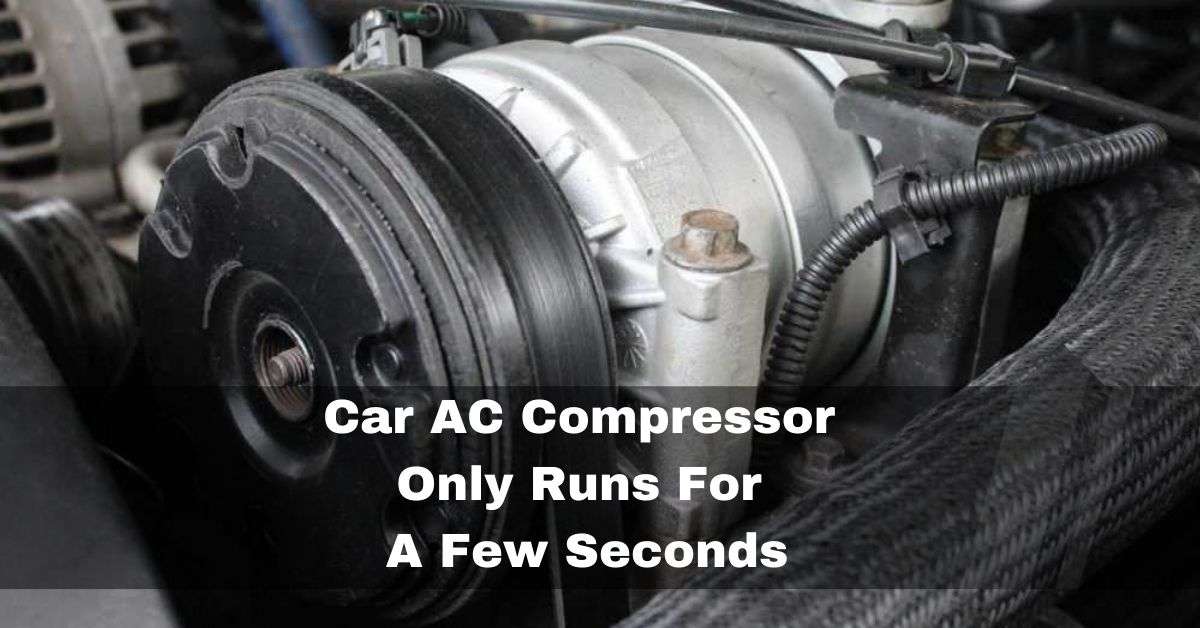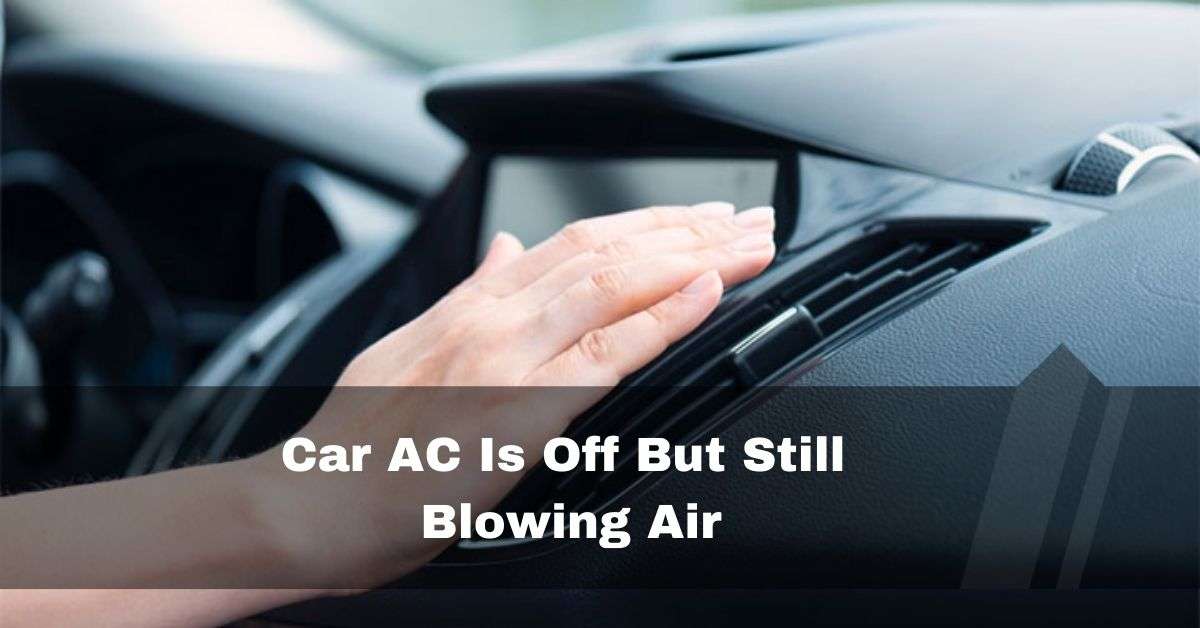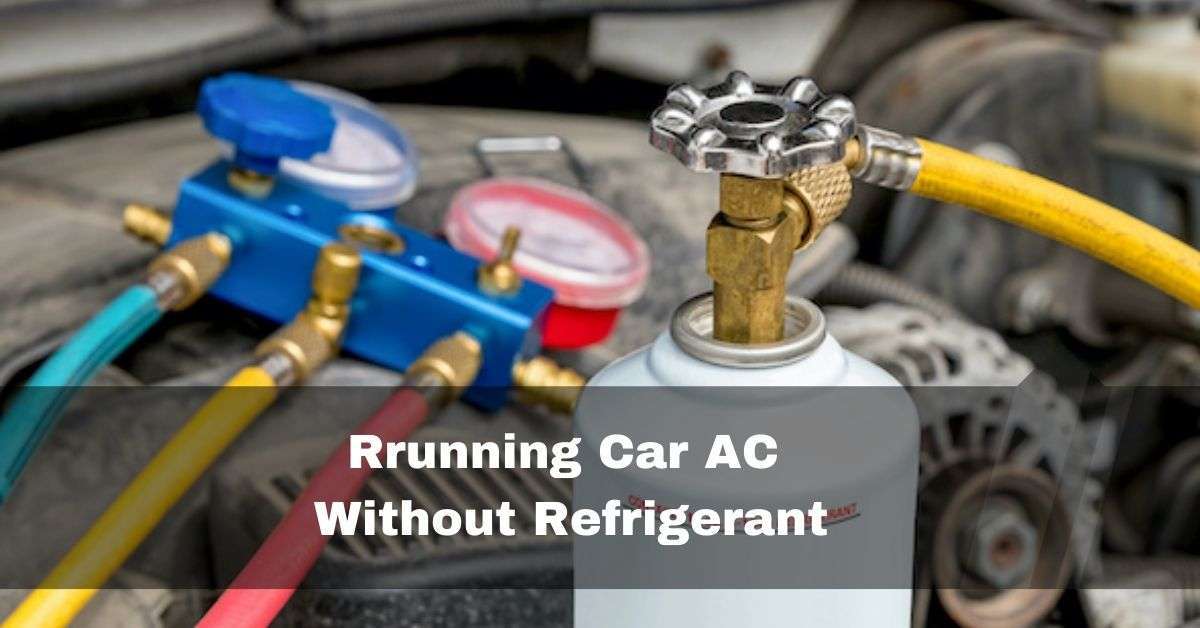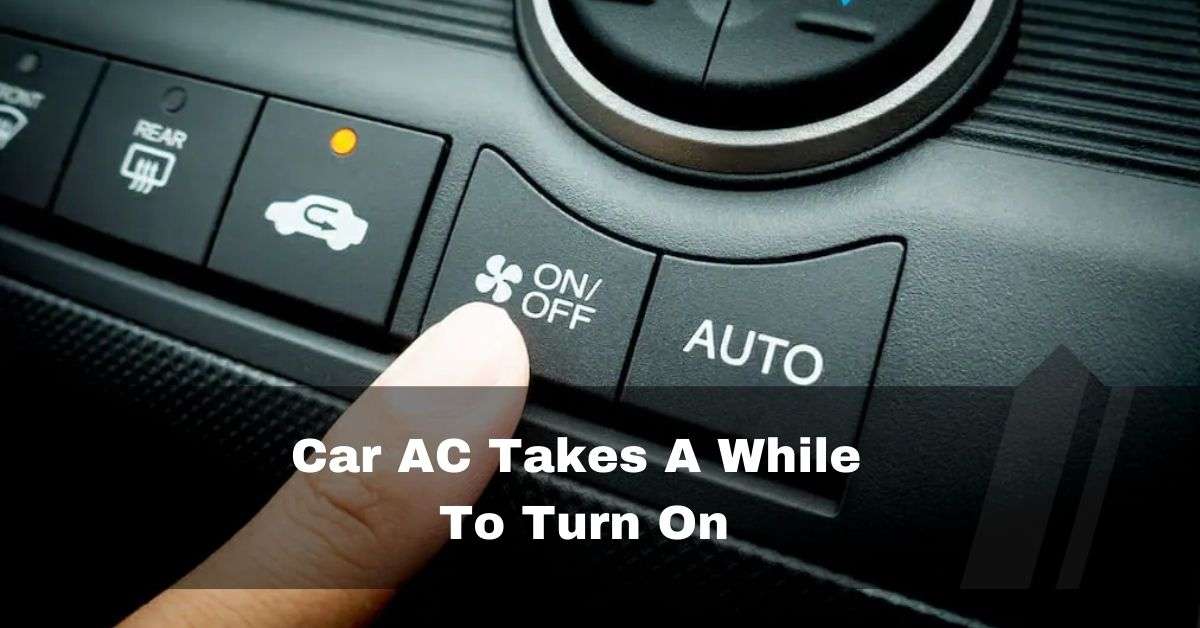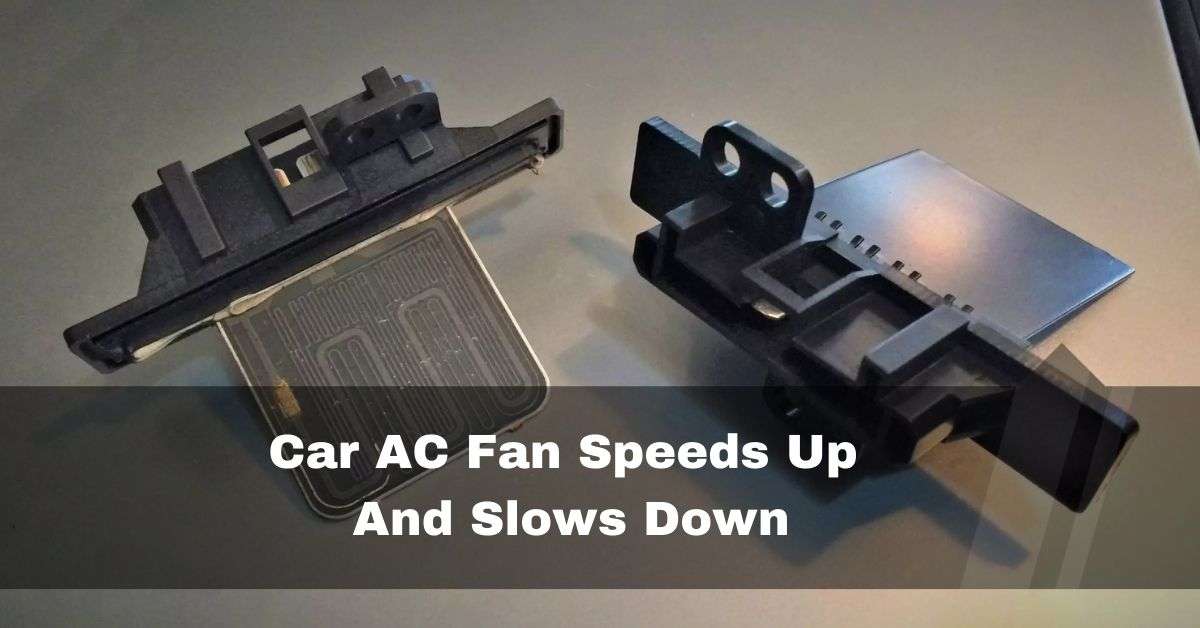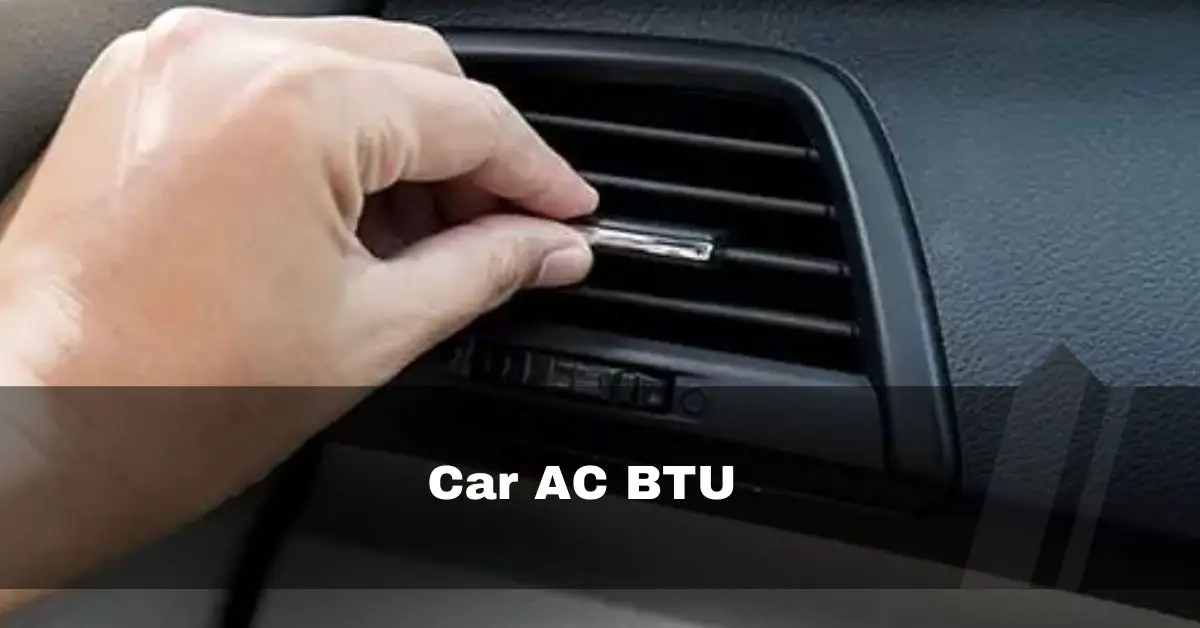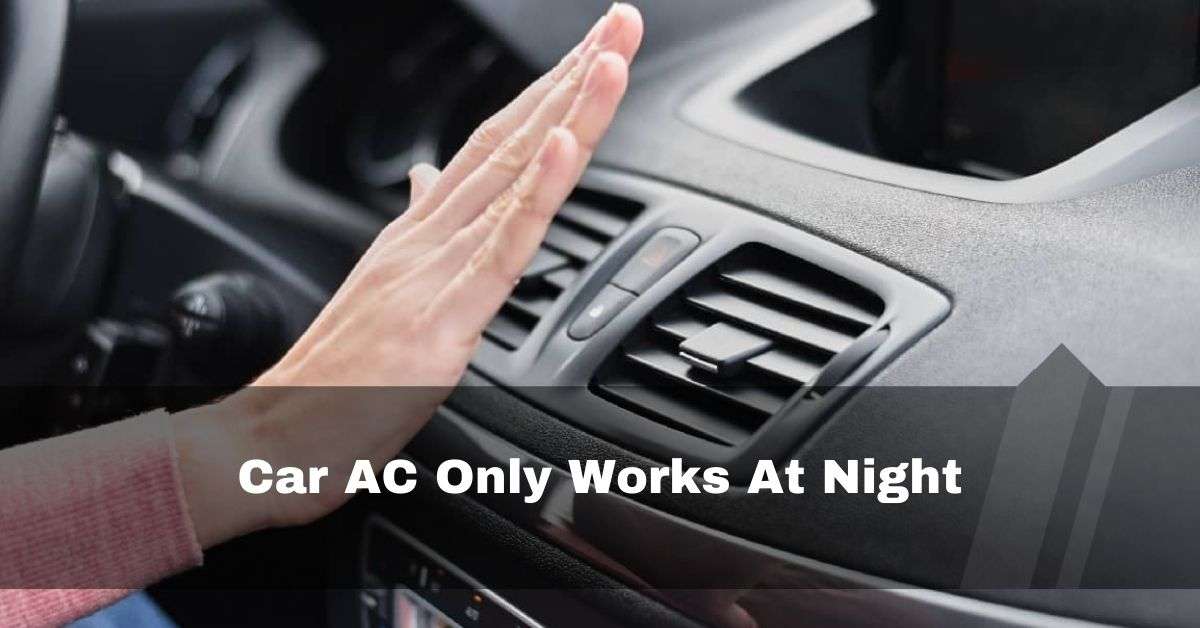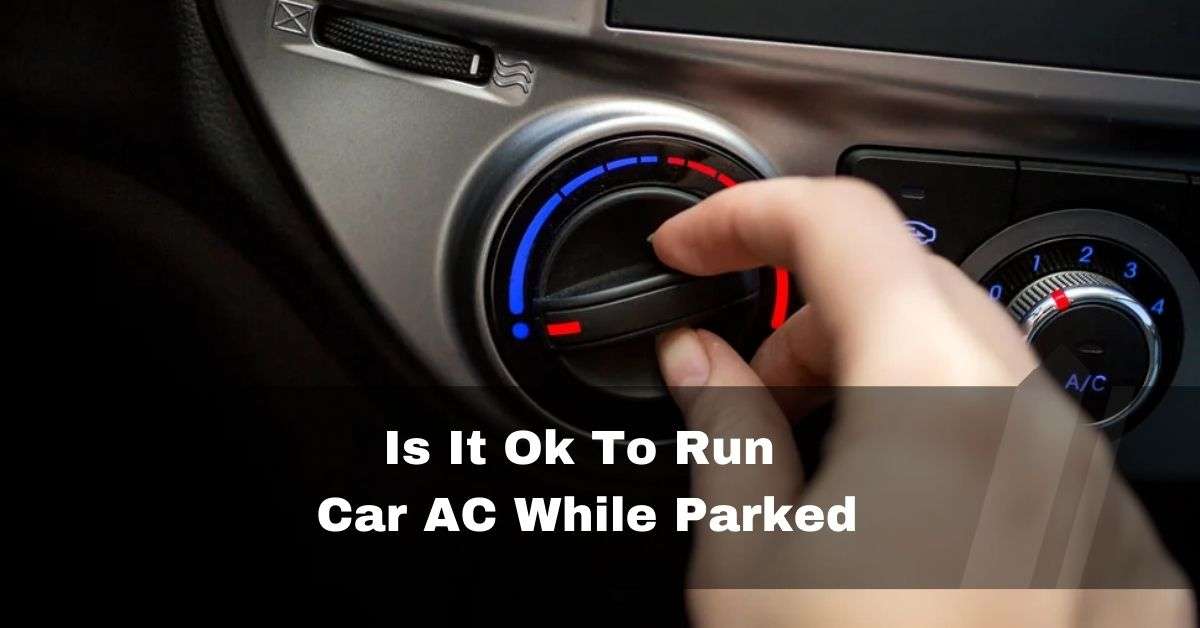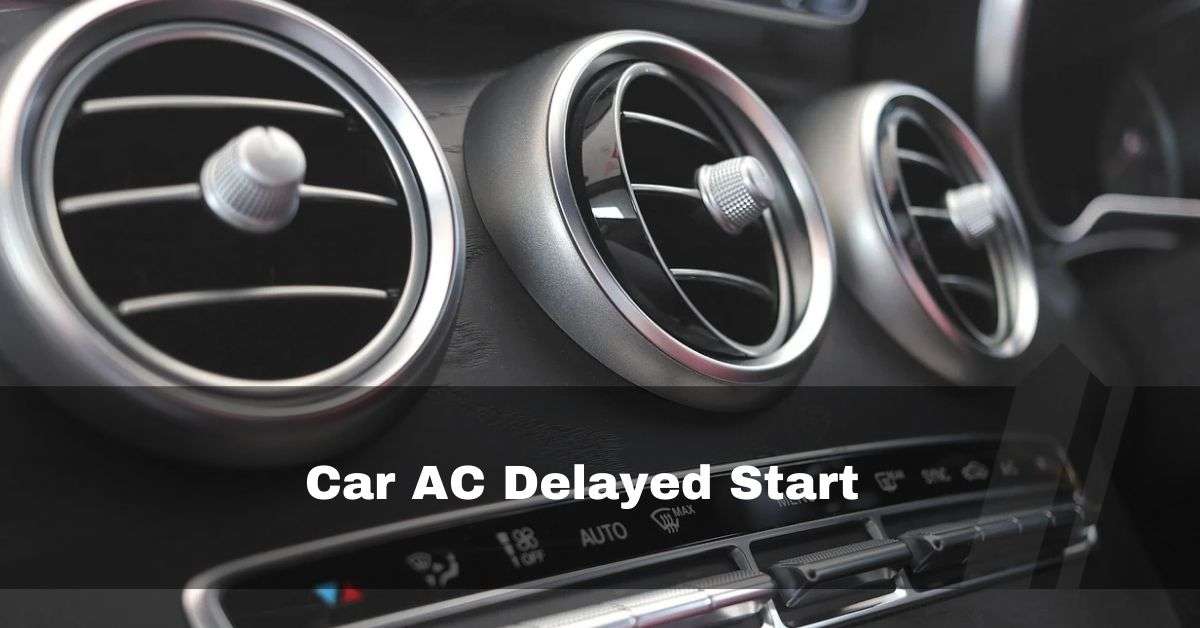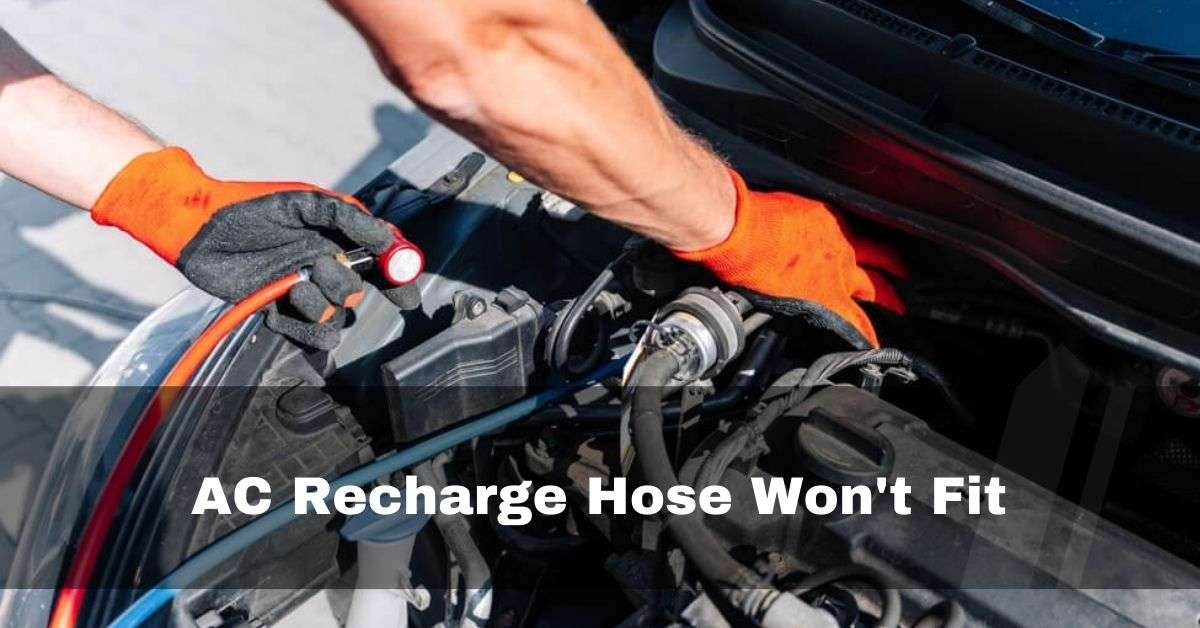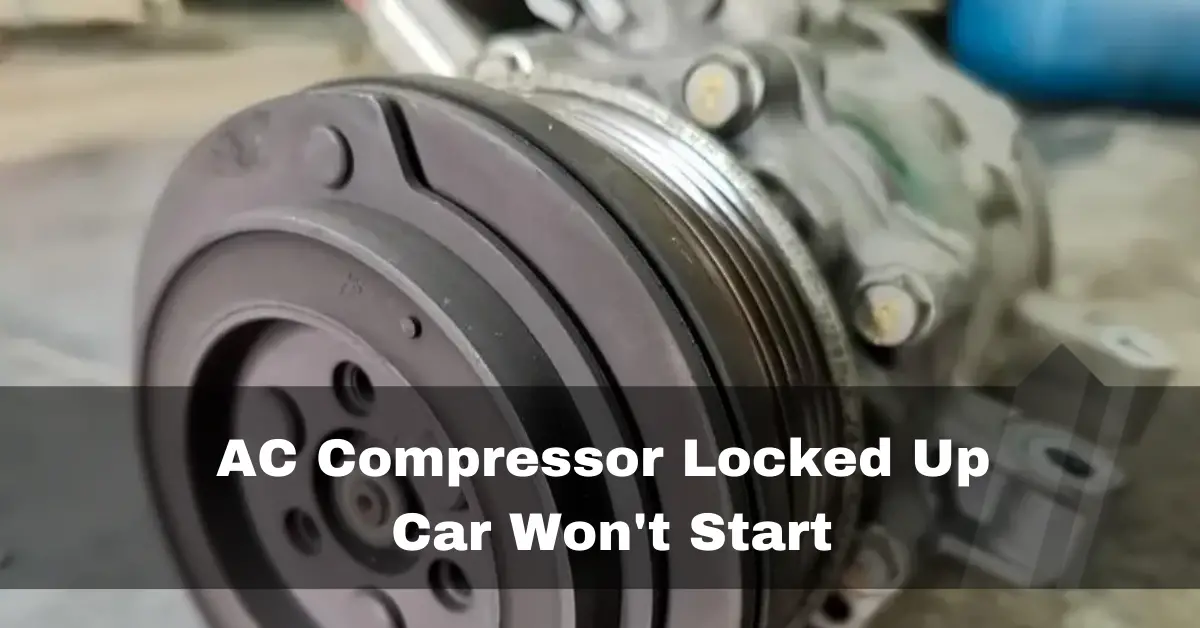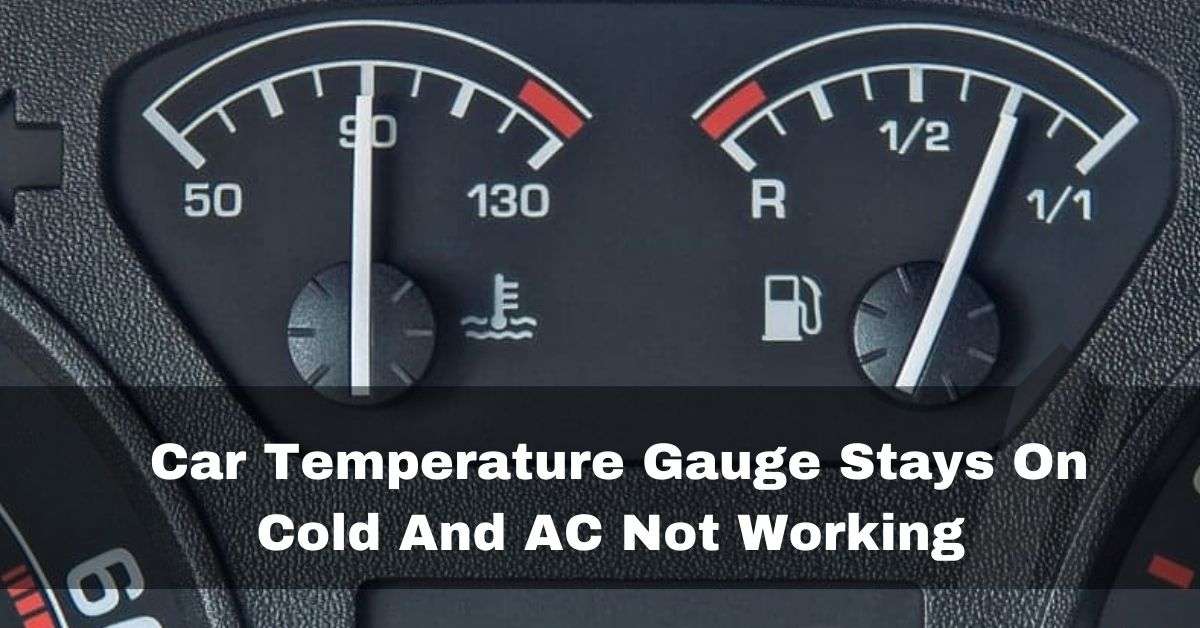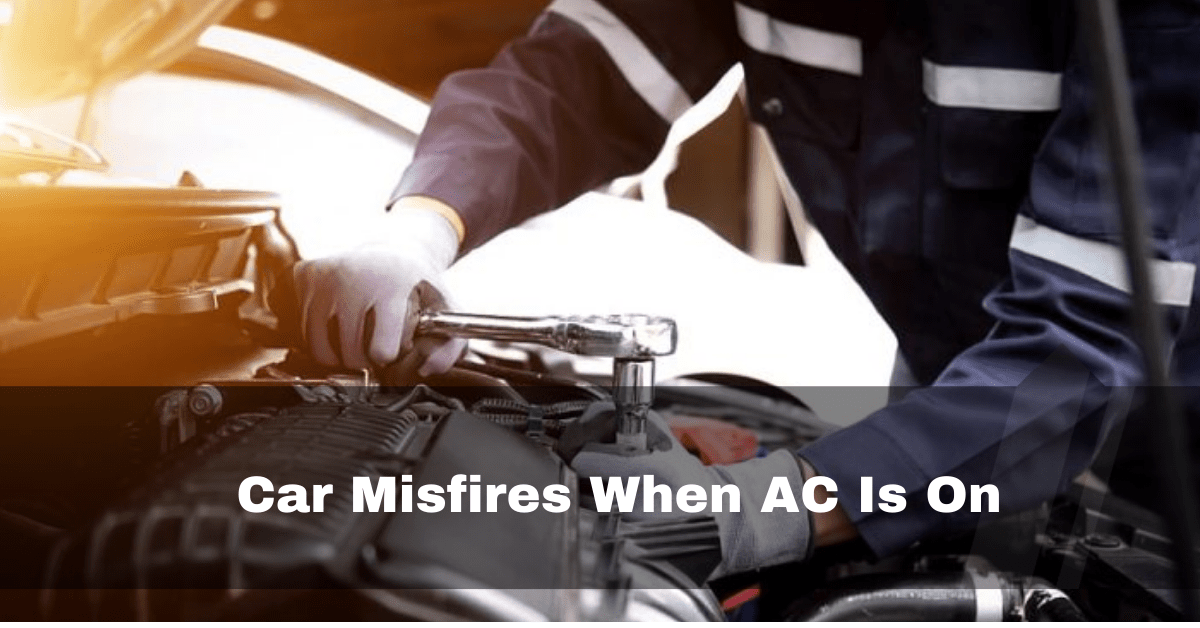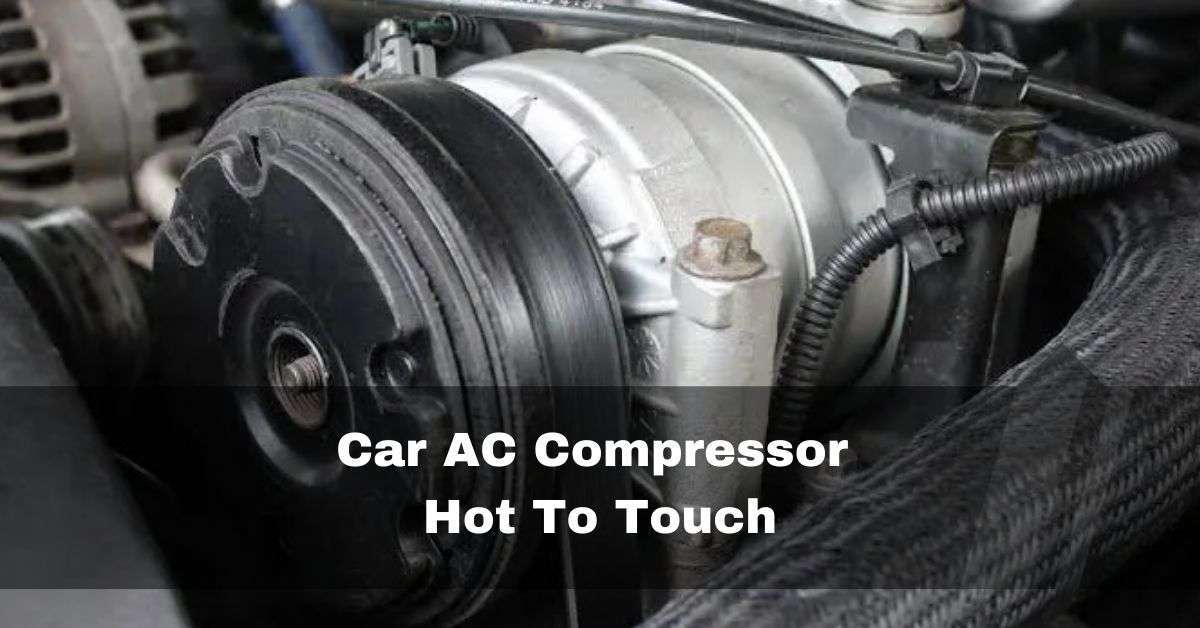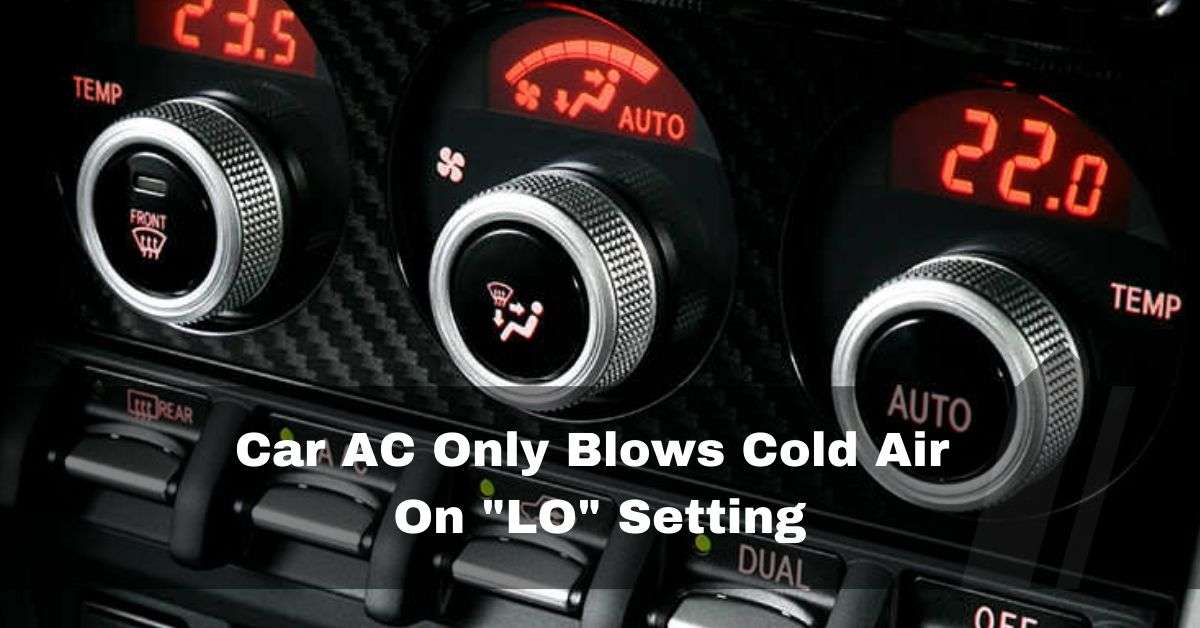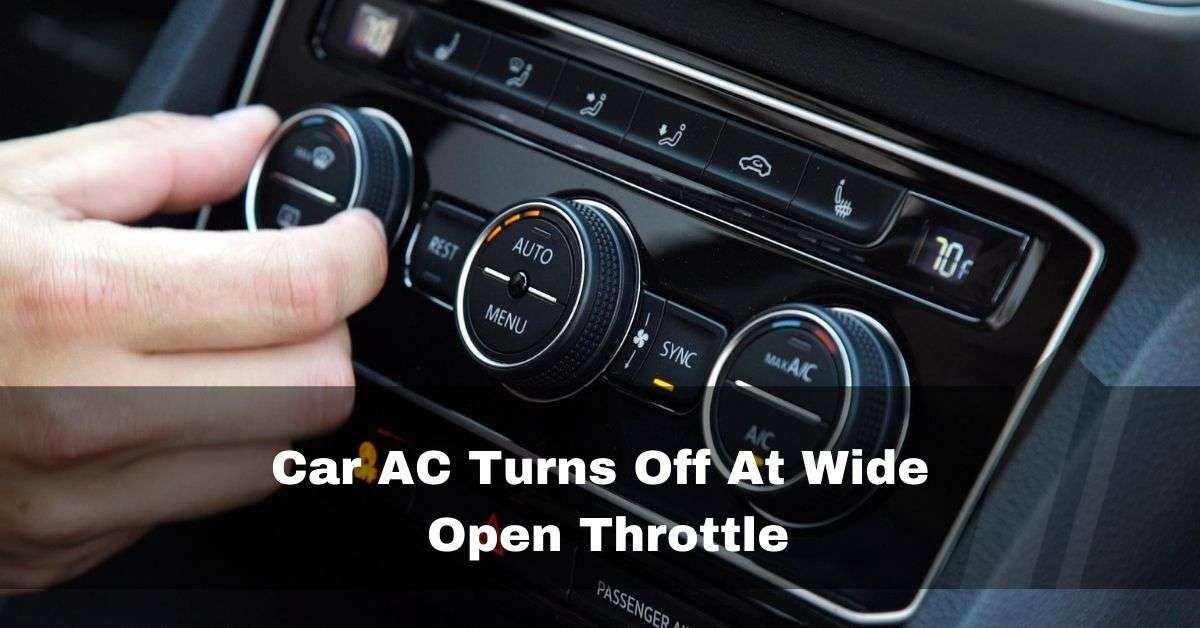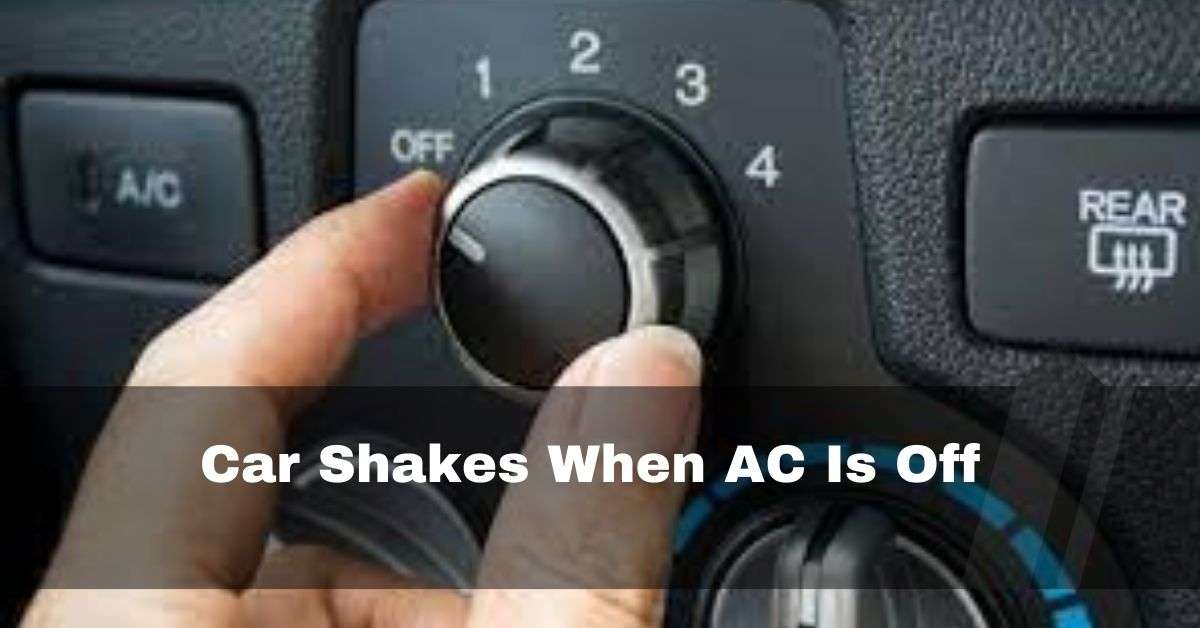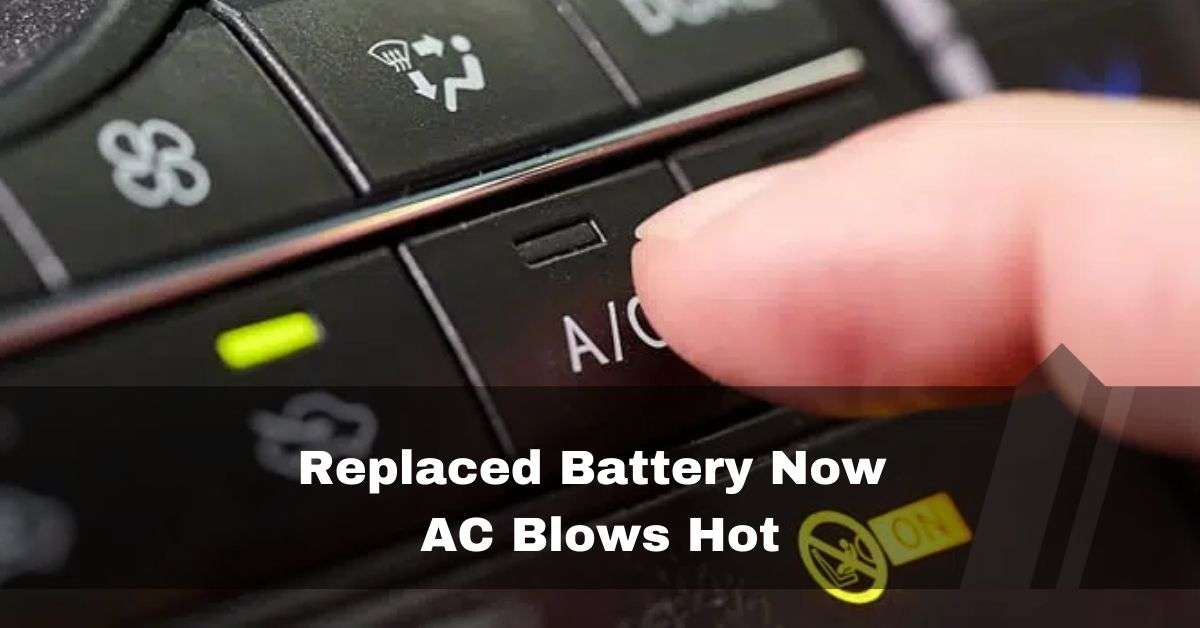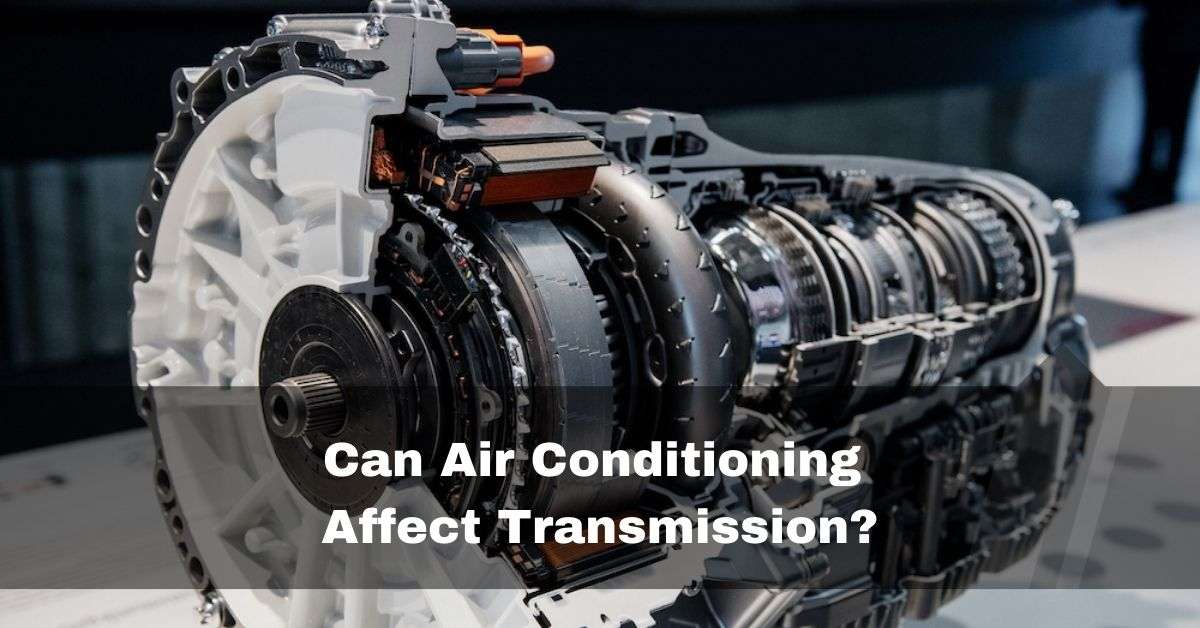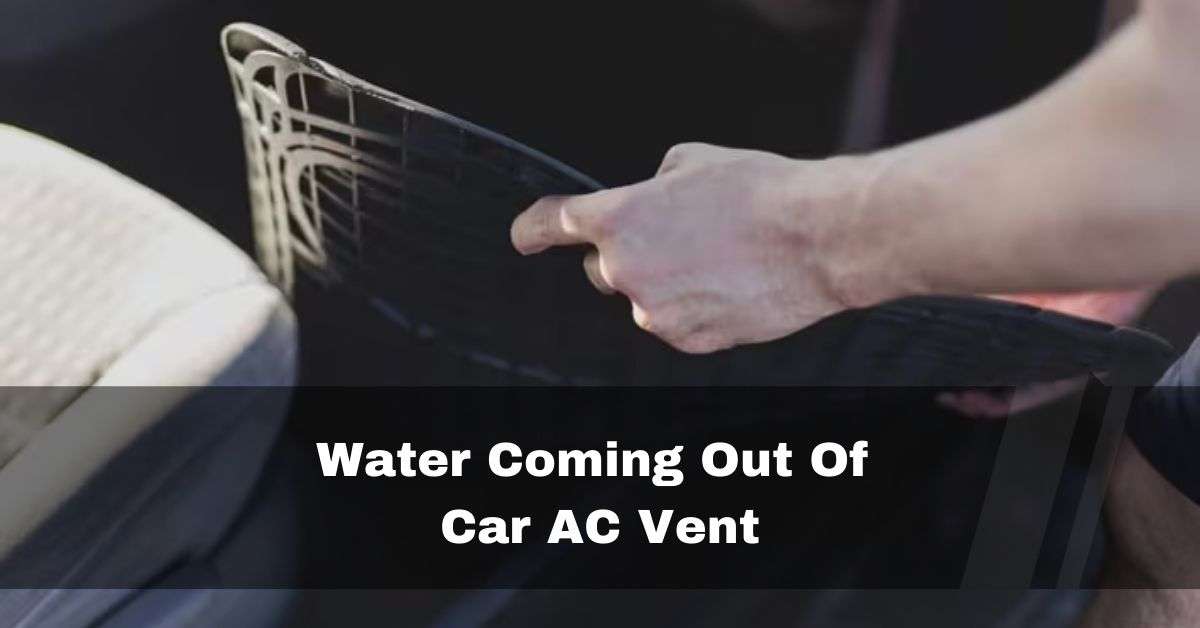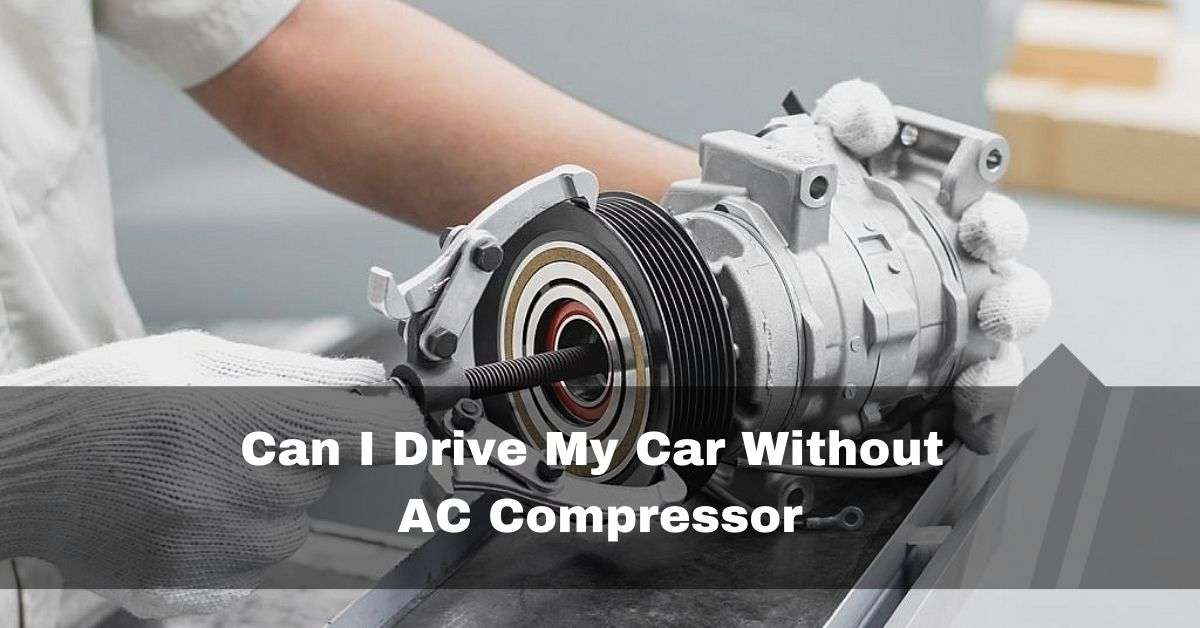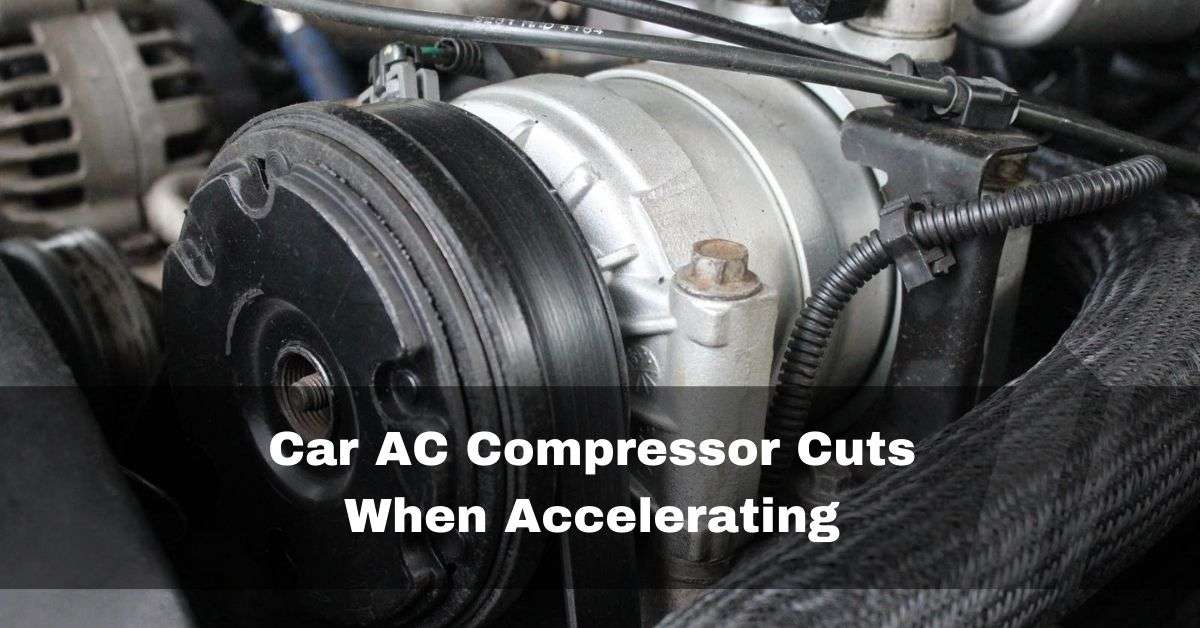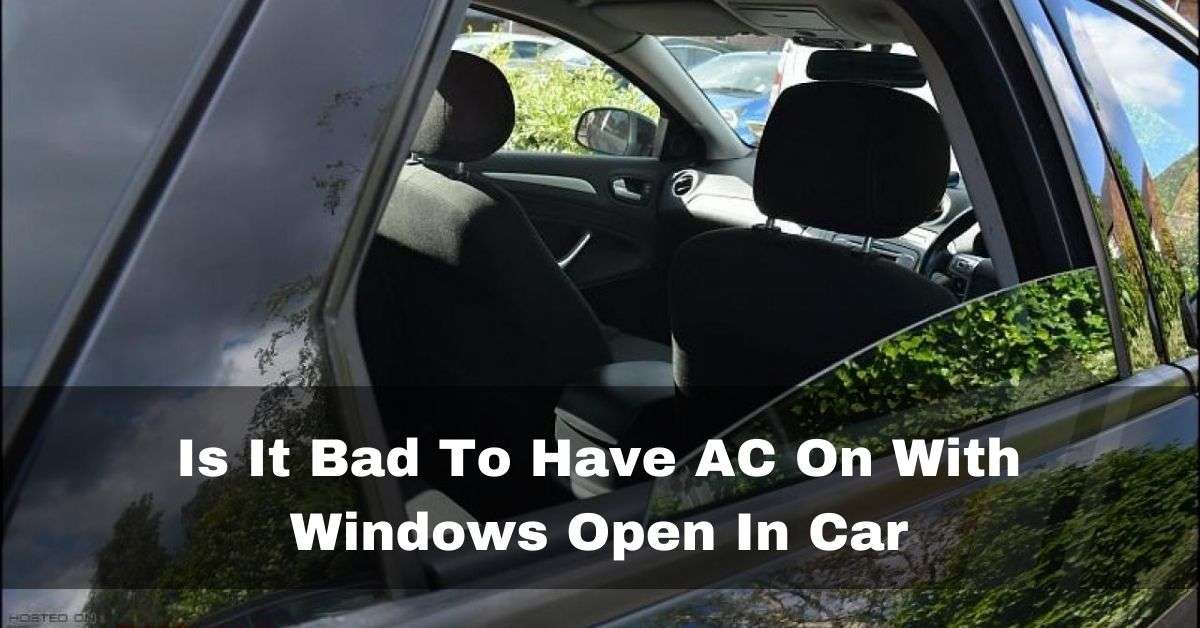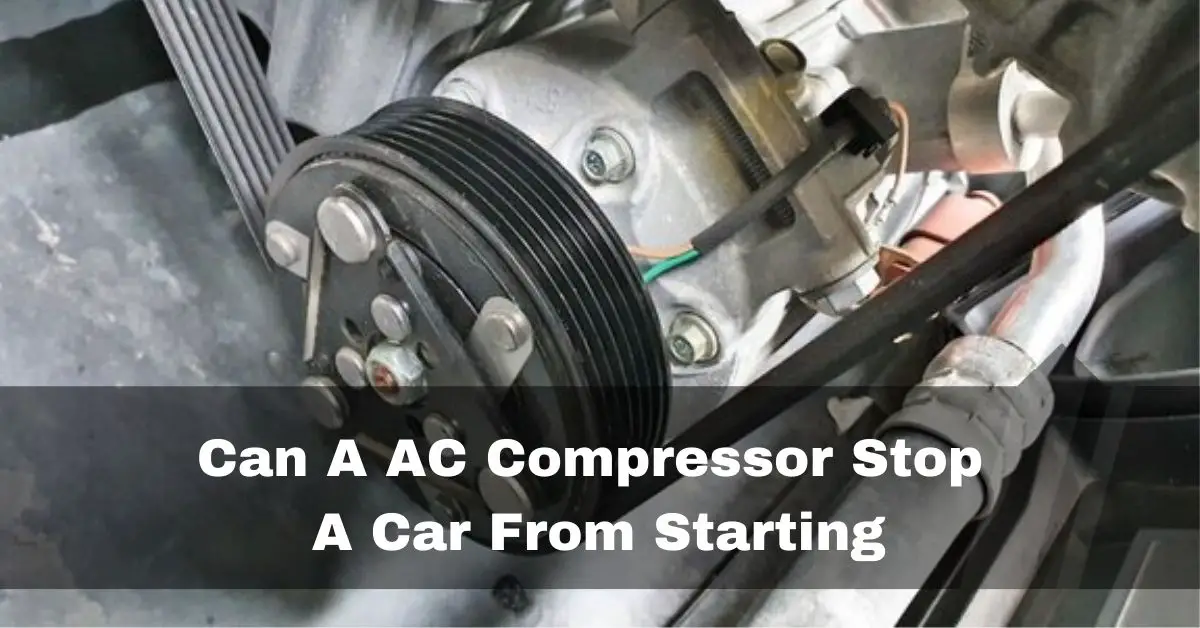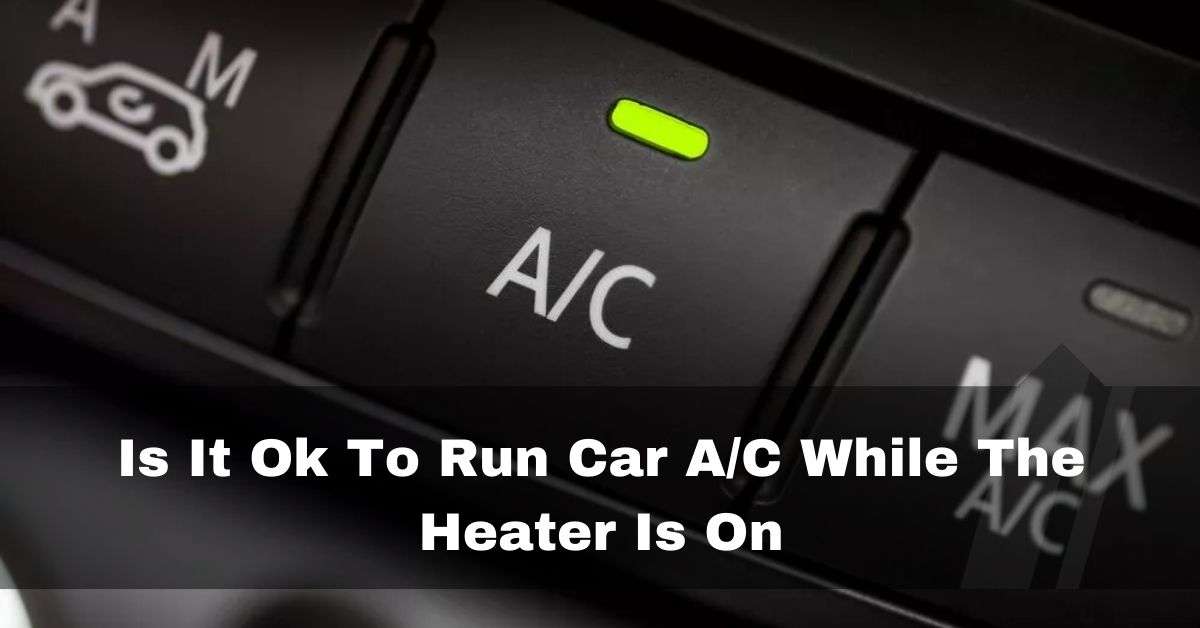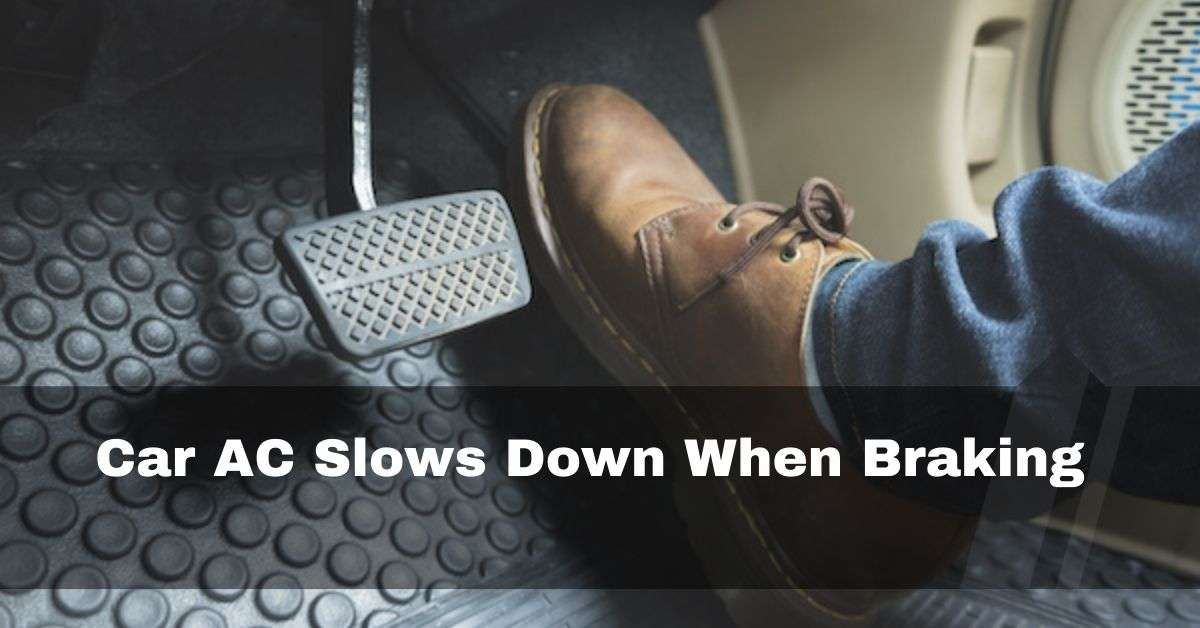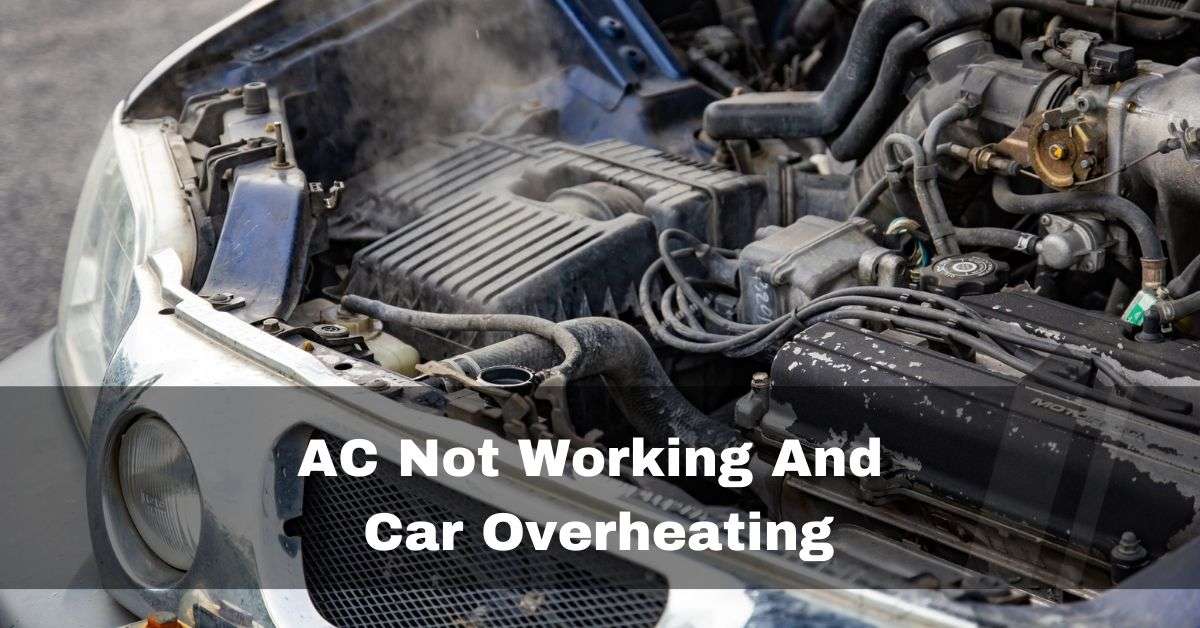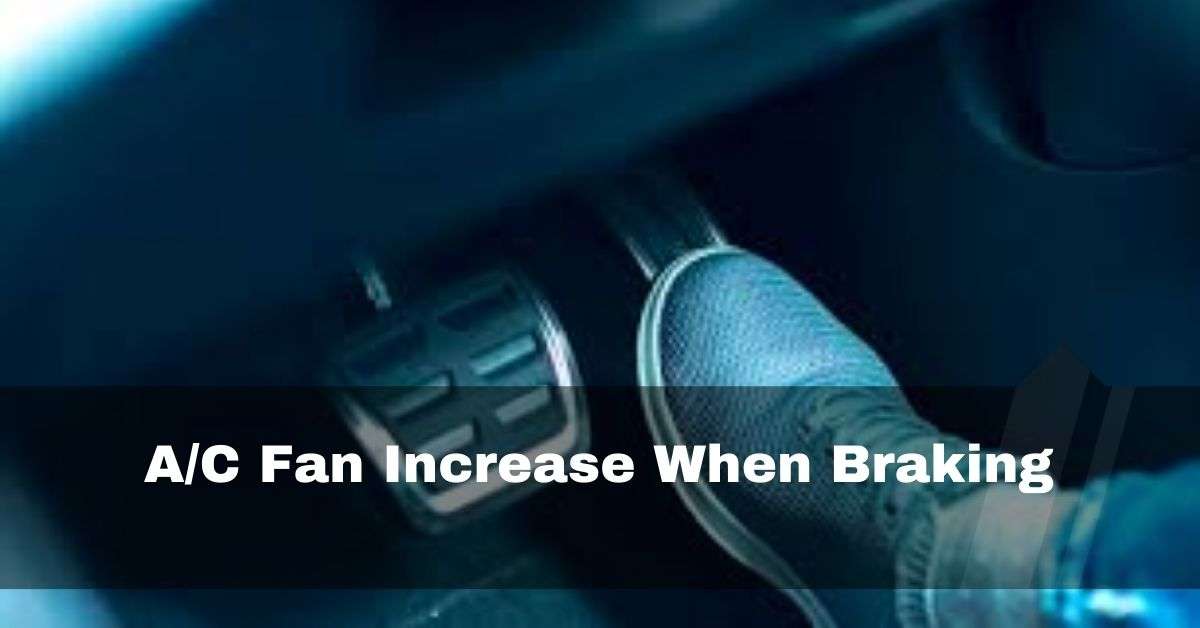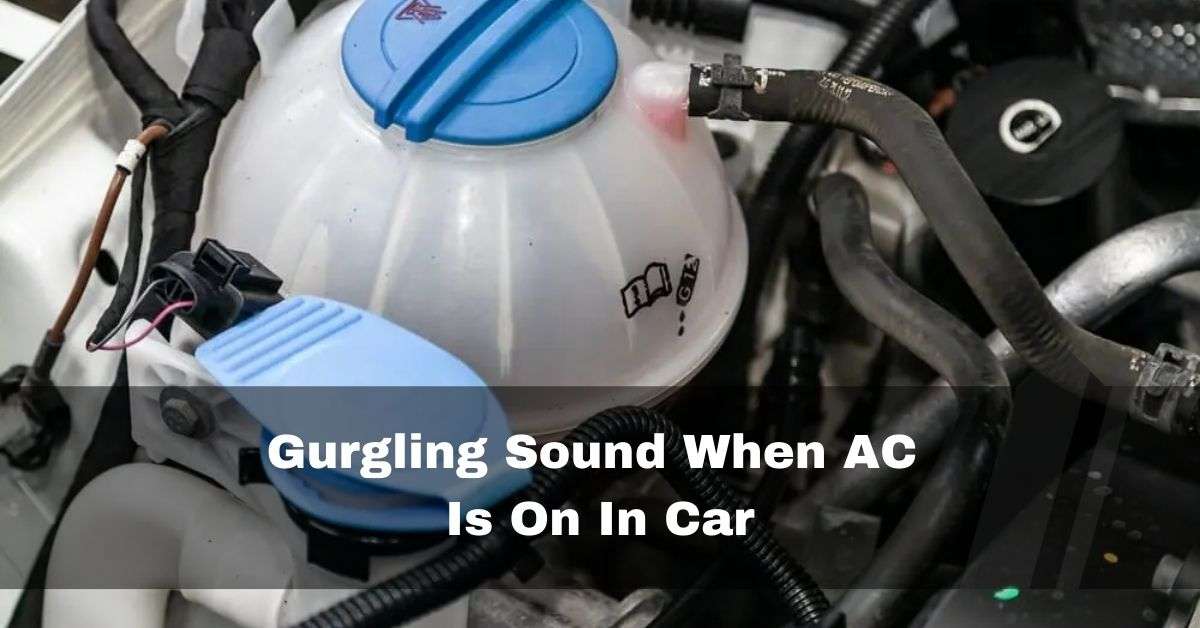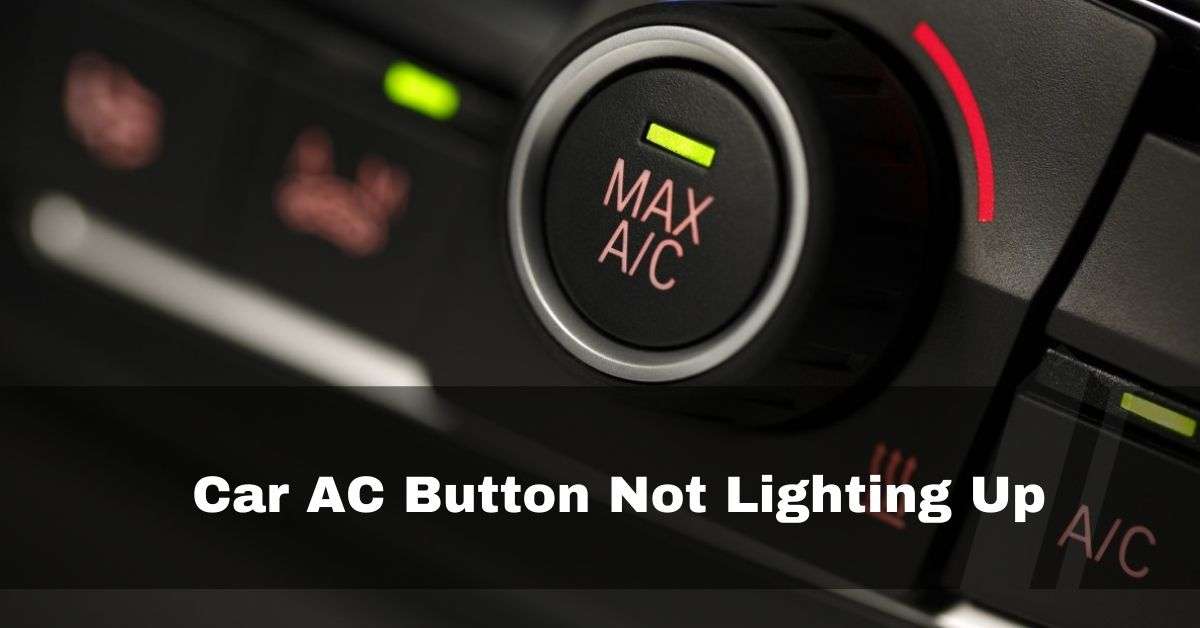A smoothly functioning car air conditioning (AC) system is a blessing, especially during hot and humid weather. But what if your car’s AC starts blowing warm air just 10 minutes into your drive? This common issue can turn a comfortable journey into a sweaty ordeal.
The typical causes are refrigerant imbalances, low-pressure cycle switches, faulty pressure switches, compressor problems, or an iced-over evaporator.
This article will delve into the potential causes behind this frustrating problem and provide detailed solutions to help you regain your cool.
Table of Contents
Why Car AC Stops Working After 10 Minutes? Common Causes Behind It:
1. Faulty Pressure Switch And Temperature Sensors:
The performance of the AC system in your automobile depends critically on the pressure switch and temperature sensors. A broken pressure switch could misread the system’s pressure, resulting in inefficient cooling. Similarly, malfunctioning temperature sensors might produce erroneous readings and cause an early system shutdown.

2. Iced-Over Evaporator:
Another frequent reason for an AC system to switch off prematurely is an iced-over evaporator. Condensation may result from the evaporator’s ability to absorb heat from the cabin air. Ice buildup might obstruct airflow and reduce cooling if the system does not adequately defrosts the evaporator.
3. Disengaged Clutch Or Compressor Shutdown:
To control the cooling process, the clutch on the AC compressor engages and disengages. A clutch that doesn’t engage or disengage properly may cause unpredictable cooling. Additionally, it may shut down automatically if the compressor detects problems like overheating or insufficient refrigerant levels.

4. Faulty Compressor:
The compressor in charge of compressing the refrigerant gas is the brains of your car’s air conditioning system. A malfunctioning compressor can cause ineffective cooling and system shutdowns.
5. Refrigerant Imbalance:
For proper cooling, the optimum amount of refrigerant is essential. The system’s operation can be hampered by having too much or too little refrigerant. Systems that have been overcharged could experience high pressure and stop the compressor. On the other side, undercharged systems may have insufficient cooling capacity.

6. Low-Pressure Cycle Switch:
This switch controls compressor cycle initiation and refrigerant pressure monitoring. A broken low-pressure cycle switch may prematurely stop the cooling cycle, leaving the cabin heated.
How To Fix Car AC That Stops Working After 10 Minutes?
1. Repair Pressure Switches And Temperature Sensors:
Despite the difficulty of repairing car AC problems without a mechanic, there are a few things you can do. Find the switch’s location (typically close to the compressor) and replace the malfunctioning pressure switch with a comparable component. Establish reliable connections.

Locate the offending temperature sensor (generally close to the thermostat), replace it, and check the cabling for integrity. Although taking these actions may offer short-term comfort, visiting a professional for an exact diagnosis and repairs is advised to avoid more issues and guarantee long-term answers. AC performance will be kept at its best by performing routine system maintenance and paying attention to sensor health.
2. Clean Iced Over Evaporator:
With caution, an iced-over evaporator can be handled. Shut off the air conditioning and set the fan to its highest speed. Allow the system to be filled with warm air to gradually defrost the ice. To maintain appropriate airflow, make sure the cabin air filter is clean.

Further preventing ice formation is regular use of the defrost setting when the AC is off. To ensure appropriate water drainage, check the AC’s drain tube for obstructions if the problem continues. Although taking these actions may provide short-term comfort, it is recommended that you consult a mechanic for a thorough analysis and to prevent the problem from happening again.
3. Inspect Clutch And Compressor Issues:
Basic procedures are needed to fix a disengaged clutch or compressor shutdown. Check the clutch on the AC compressor for any apparent blemishes or debris. Use a rubber mallet to gently pound the clutch to promote engagement. A bypass clutch relay can be utilized in the interim if it is not functioning.
Use a gauge to check the refrigerant levels before a compressor shutdown. If low, use a DIY kit to recharge the system. Ensure the compressor is clean and not too hot; use compressed air to clean it if necessary. While these steps may offer short-term comfort, a mechanic’s knowledge is needed for a long-term fix and to prevent additional harm to the AC system.
4. Check Faulty Compressor:
Using a broken compressor calls for caution. Check the compressor first for any apparent damage or oil leaks. If turning the clutch by hand is challenging, the compressor can be seized. If not, examine the compressor’s electrical connections and fuses.

Replace any damaged components with care. Fixing the compressor’s internal components with the right equipment and skills is advised. While taking these actions may provide a temporary solution, visiting a technician for an accurate diagnosis and to limit additional harm is recommended. For a long-lasting fix, a new or remanufactured compressor might be required.
5. Check Refrigerant Imbalance:
For the performance of an AC system to be optimal, refrigerant levels must be balanced. Measure pressure with a gauge; high values indicate overcharging, while low readings indicate undercharging. Use the correct gauge and the recommended procedures to release refrigerant to remedy overcharging safely.
Use a DIY kit to add refrigerant for undercharging while monitoring the pressure. For recommended levels and refrigerant types, consult the owner’s manual for your car. Make sure to fill in the right amount.
While these techniques may provide temporary assistance, professional assistance is advised for accurate diagnosis to prevent overcharging or undercharging. A professional can also care for potential leaks and guarantee long-term, effective cooling performance.
6. Fix Low-Pressure Cycle Switch:
Carefully try to fix a low-pressure cycle switch that isn’t working. Usually, on the accumulator or receiver-drier, find the switch. Look for any damage or loose connections in its electrical connector; replace as necessary. The switch might engage with a light tap. If not, briefly link the switch’s wires; this should turn on the compressor.

It is a temporary fix, though. A professional diagnosis is advised to ensure system health and prevent subsequent problems. While these actions provide short-term respite, a technician can precisely evaluate the switch’s state and propose a long-term solution, avoiding premature cooling shutdowns.
FAQs:
1. Why Does My AC Stop Working When It’s Hot?
Low coolant levels in the system are the first problem it might point to. The second problem is the airflow limitation. An AC system needs to have adequate coolant inside it to function precisely and efficiently. These are the two most frequent causes of systems failing.
2. How Can I Prevent My Car’s AC From Shutting Down After A Short Time?
These problems can be avoided with routine maintenance, including monitoring refrigerant levels, cleaning or replacing air filters, and ensuring the compressor functions correctly. Additionally, avoiding an iced-over evaporator can be achieved by utilizing the defrost setting while the AC is off.
3. Is It Safe To Tap The AC Compressor Clutch?
Sometimes a light tap on the clutch will briefly engage it. However, using too much force risks harming the clutch or other parts. If that doesn’t work, talk to a mechanic for more advice.
4. Why Does My Car AC Randomly Blows Hot Air?
One of the most frequent causes of hot air flowing from your car’s air conditioner is a refrigerant problem, specifically a refrigerant leak. Your car’s refrigerant levels may be too low, or there may be a leak causing this refrigerant loss.
Conclusion:
The first step in fixing the problem is to recognize the possible reasons for the 10-minute AC cutoff in your car. While it may be tempting to attempt do-it-yourself repairs, taking your car to a qualified mechanic provides a complete analysis and precise repairs. Your car’s air conditioning will continue to function well with regular maintenance, rapid response to problems, and adherence to manufacturer instructions, giving you a cool reprieve no matter how hot the outside temperature is.


